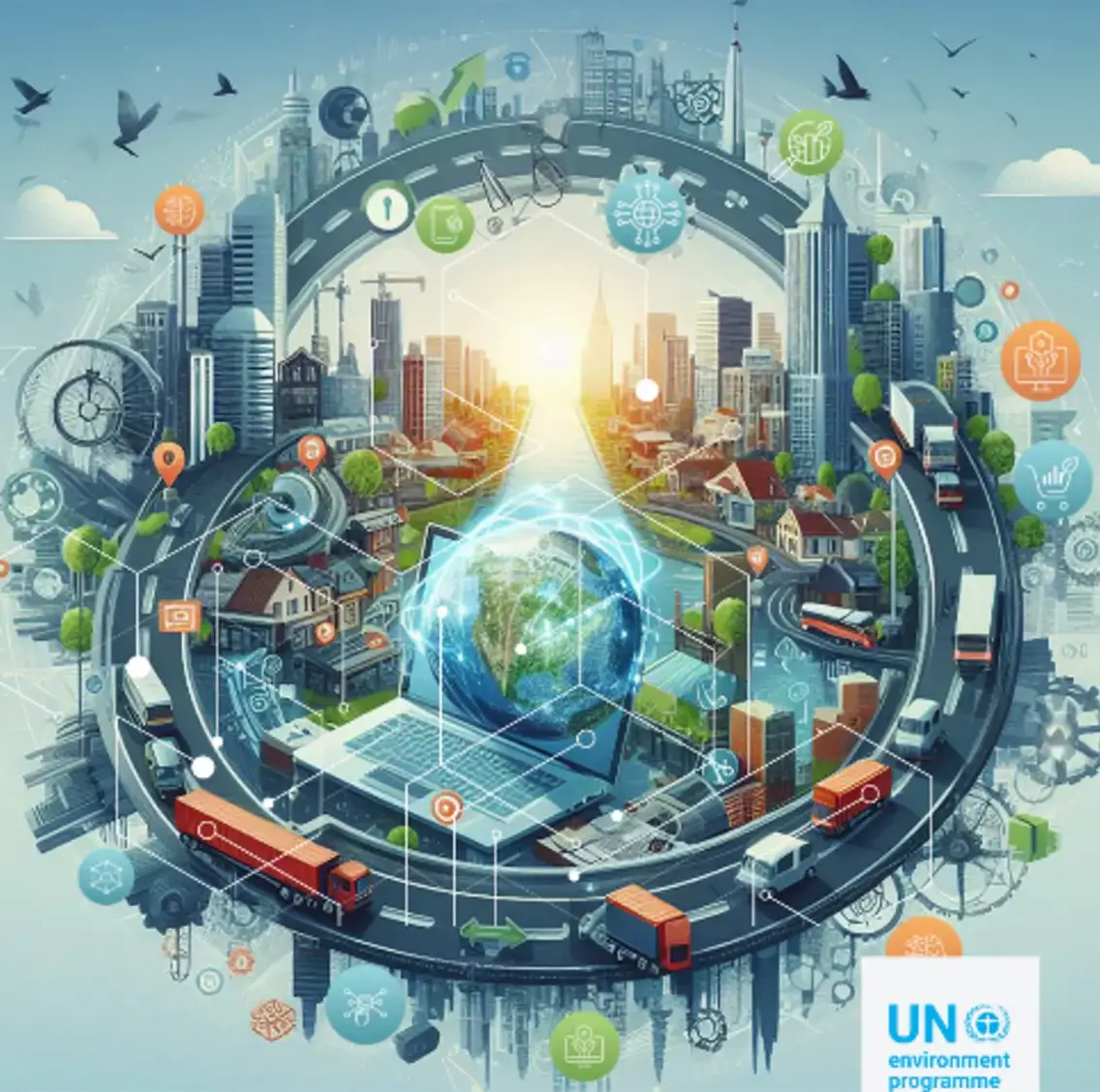ZHAW, UNEP and ETH release their report on the "Digital Public Infrastructure for Environmental Sustainability"
At the "World Summit on the Information Society" representatives from ZHAW, the United Environment Program (UNEP) and ETH Zurich presented their report on digital public infrastructure. It focuses on the pivotal role of environmental monitoring data, insights into economic activities and information on policy effectiveness in advancing a green and circular economy.

The report examines common information challenges stakeholders face when making decisions related to environmental sustainability. The authors explore the role that Digital Public Infrastructure can play as a key part of the solution. One important element is the access of stakeholders to reliable and timely information that can support sustainable decision making. Paramount in this are data exchange mechanisms, with a blend of private and public solutions, the report shows.
This report analyses three cases related to the agri-food sector and identifies six categories of technology innovations (TIs) that could help tackle information challenges. Among these are open data, privacy enhancing technologies, data markets, computational law and data integration of green and circular economy policy measures, using Large Language Models to ‘speak’ with green and circular economic policies, tools and techniques for human-centred artificial intelligence.
“I am happy about the collaboration with ETH Zurich and UNEP and that we could showcase the technology trends from a data science perspective”, says Kurt Stockinger from the ZHAW School of Engineering, one of the lead authors. Next to him, lead authors Yaxuan Chen (former UNEP), Ana Fernandez Vergara (UNEP) and Angus Hamilton (ETH Zurich) were supported by over 20 international contributors, from institutions in Hong Kong, London, New York and more. The report describes major grand challenges that should encourage researchers, governments and organizations across various disciplines to find novel solutions for making our planet “healthier”.
More information: